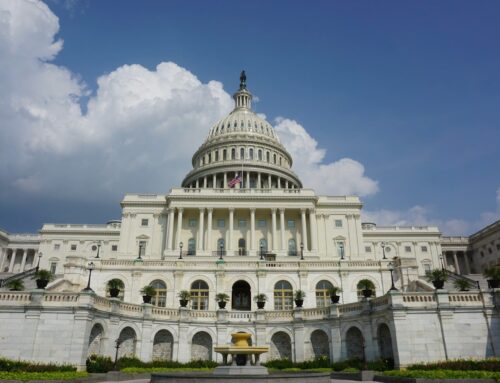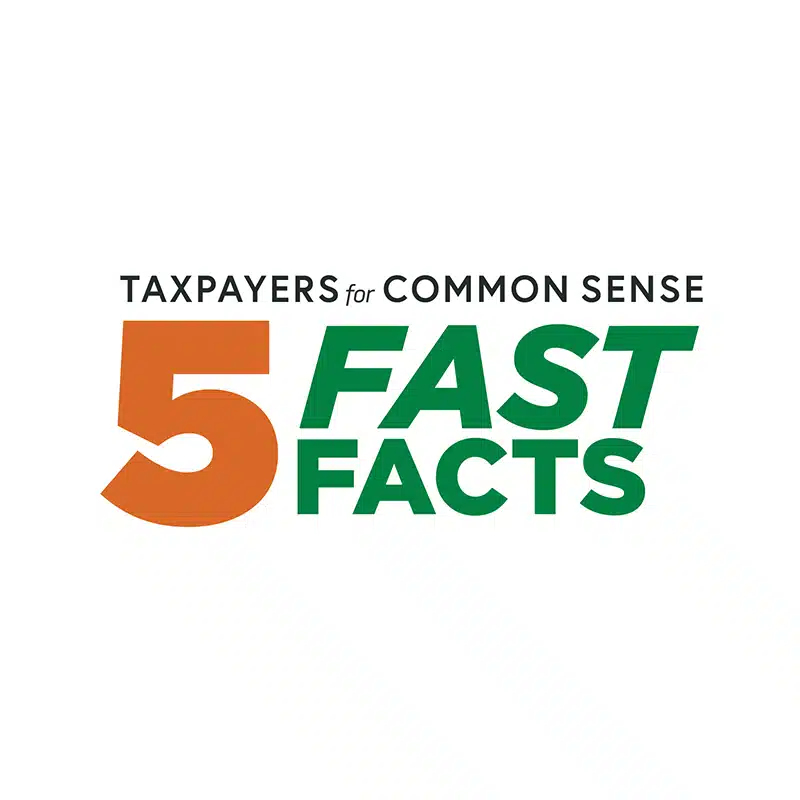Tonight, the Senate unanimously passed an amendment to the ethics bill to bring earmarks out of the shadowy corridors of the capitol and into the bright light of the internet. Don't let the landslide vote fool you, taxpayers won the opportunity to see by whom and how their tax dollars are being spent only after a hard fought battle by Sen. DeMint (the original author of the amendment) and other Senators committed to greater transparency in government spending.
How far we have come in a year. Less than a year ago, Senate leadership of both parties voted against (http://www.senate.gov/legislative/LIS/roll_call_lists/roll_call_vote_cfm.cfm?congress=109&session=2&vote=00081) a simple amendment to the ethics package expand the earmark definition to include federal as well as non-federal entities (a large loophole in the earmark definition).
There was a pitched floor battle last week to ensure taxpayers got real earmark reform. After that battle on behalf of taxpayers was won, Sen. Durbin made some improvements to the DeMint proposal (which was the House language from two weeks ago) to require the list of earmarks and sponsors (and requests) be available on the internet 48 hours before consideration. This is a step beyond what the House did two weeks ago. In addition, changes were made to the definition of the tax earmark from those with “10 or fewer beneficiaries” to those with “a particular beneficiary or limited group of beneficiaries.” From the floor debate, I understand that the new language came from the President's line item veto proposal, but we are concerned that the definition may be too squishy and besides we thought it should be for 100 or fewer beneficiaries. Which comes to the final point. Clearly these earmark reforms are a big step forward in making the legislative process more transparent and accountable to the American taxpayer, but the proof will be in the pudding when they actually implement them. Before the ink is dry on the bill, earmark hunters will be out there trying to evade and blur the transparency efforts. In addition, these reforms will make it easier to strip wasteful earmarks from bills or stop wasteful spending – but it will likely reduce the number and bring them into the light of day.
I would also like to highlight an amendment that passed by voice vote earlier today – a Feinstein amendment that requires earmarks in the black or classified budget to be accompanied by an unclassified description and the sponsors name. It was amendment 70 (but I haven't got my hands on it). We would like to eliminate earmarks from the black budget, but at least knowing what they are funding is a clear step forward. We'll have to watch and see what the definitions look like, but since Duke Cunningham hid behind to cloud of the black budget to pay off some his bribes, this area had to be cleaned up.
Finally, by incorporating these provisions into a bill, there will need to be an eventual conference with the House, this will make many of these changes difficult to undue, but it will also slow final implementation. By using virtually the exact same language as the House, the Senate has helped assure taxpayers that they will be getting transparency. Even if action stalls on this legislation (as seems to happen in conferences) – the House and the Senate should abide by these valuable provisions as they consider appropriations and other affected legislation.











Get Social